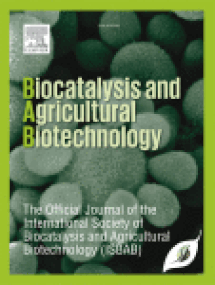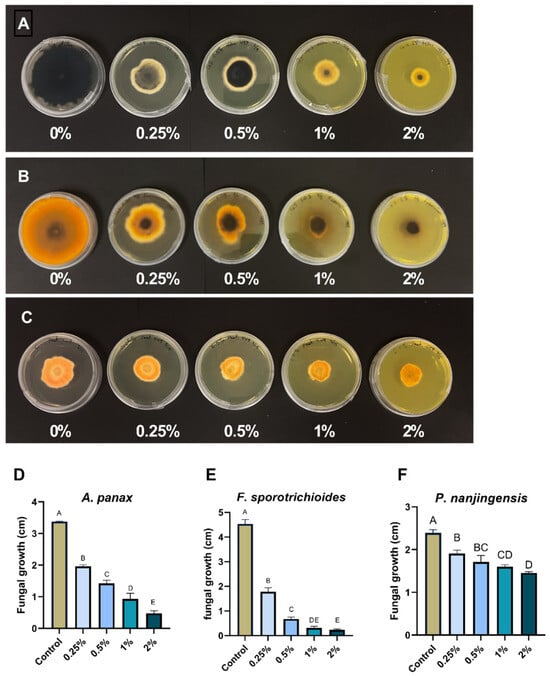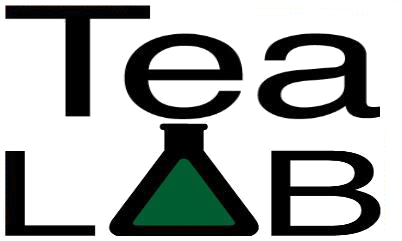 Frass from yellow mealworm (Tenebrio molitor) as plant fertilizer and defense priming agent Biocatalysis and Agricultural Biotechnology October 2023 Link Here If you have been following TeaLAB for the past decade you know we are big on frass. It's a great source of nutrition, microbes, and plant stimulating compounds. And just in time for the spring season, there is some new research out that further indicates what we already know, frass is good stuff. A group of researchers out of Norway wanted to know if frass (from the humble meal worm, Tenebrio molitor, the same frass we supply at TeaLAB) would induce plant immune defenses. To do this they grew the model research plant, Arabidopsis thaliana, with and without the addition of insect frass. They then infected the plants with Grey Mold, Botrytis cinerea. Then they collected RNA from the plants (which is the temporary copy of DNA that is made when genes are turned on in order to make the proteins associated with that section of DNA). Because Arabidopsis has been researched so extensively, the genes that are used for immune defense are well known. The researchers simply (well, maybe simple isn't the word) looked to see if the RNA that was present in the frass-fertilized matched up with the known immune defense DNA segments. The researchers found that the application of frass increased expression of the investigated genes compared to the control treatments. Furthermore, plants that were also inoculated with the disease causing Botrytis, showed even more elevated gene expression. This indicates that the application of insect frass primes the plant for high immune response when disease is actually present. This is yet another study that shows us these natural, organic, fertilizers have an important place in the agriculture and gardening world. Oh yeah, the study also showed that frass contains and contributes a good amount of fertilizing nutrition as well. Check out the link above to learn more. TeaLAB, better gardening through biology!
0 Comments
 Goldenseal (Hydrastis canadensis L.) Extracts Inhibit the Growth of Fungal Isolates Associated with American Ginseng (Panax quinquefolius L.) Molecules January 2024 Link Here Ginseng is a valuable crop used as a holistic medicine to improve brain health, immune function, blood sugar regulation, sexual health, and slow the aging process through its high antioxidant activity. The one thing this root crop is not great at is fighting off fungal pathogens during its long (4-6+ year) growing season. Ginseng is susceptible to many of the same culprits we see on the other crops we know and love. For instance, Alternaria and Fusarium are commonly known to ire the gentlest of gardeners. Enter Goldenseal. Goldenseal is a common herbaceous plant that humans use for its anti-bacterial and anti-inflammatory health promoting benefits. Goldenseal contains a compound called Berberine which has antibiotic properties. With this knowledge, a group of researchers from Middle Tennessee State University looked to see if this north American native buttercup relative, also harvested as a root crop, would fend off fungal diseases in Ginseng. To do this, the researchers made simple extracts of Goldenseal by soaking dried root and leaf material in either water or alcohol (ethanol), then taking that extract and adding it to the jelly-like agar in petri dishes. The extract solution was added to the agar at 0% (control), 0.25%, 0.50%, 1.0%, and 2.0%. The petri dishes were then inoculated with one of three fungal pathogens, Alternaria, Fusarium, or Pestalotiopsis. The fungal disease were then allowed to grow, and the researchers documented how their growth rates. And guess what..... it worked!!! The 2% Goldenseal extract was able to significantly reduce the growth of the pathogens. The ethanol extract outperformed the water extract, but both showed anti-fungal action. Alternaria growth was reduced by 86%, and Fusarium by 95%!!! The other disease, which is a new one to me, was reduced by 39% which is better than nothing. The researchers looked at the shape of the fungal root systems, and saw that hyphal morphology was indeed affected by the ginseng extract (in disease causing fungi, hyphae are used to enter and infect plants, if their shape is modified, so is their function). This study further shows that mother nature provides the tools that can lead us to a more sustainable future, we just have to find them! Goldenseal extract is one of many bioactive compounds that we can use to help grow without using toxifying synthetic fungicides. For more details on this interesting study, including how to make the extract, click the Like Here button above. Thanks Tennessee scientists!!!! |
Archives
June 2024
Categories
All
|
Contact Us
Why TeaLAB?TeaLAB is committed to helping people and their gardens to become more self- sufficient, healthier, and productive. Grow your sweetest corn, your biggest watermelon, your tallest quinoa, your tastiest tomato, and your happiest you.
TeaLAB was founded to teach people how to garden organically, so that we can become more closely connected with the land. Our goal has been to simplify growing methods so that gardeners have a positive experience in the garden. TeaLAB is where the garden meets the laboratory. From around the world and into your backyard, our products contain ingredients that are sourced both locally and globally. Using methods both ancient and cutting edge, TeaLAB promotes maximum biology. Grow with TeaLAB. |


 RSS Feed
RSS Feed
